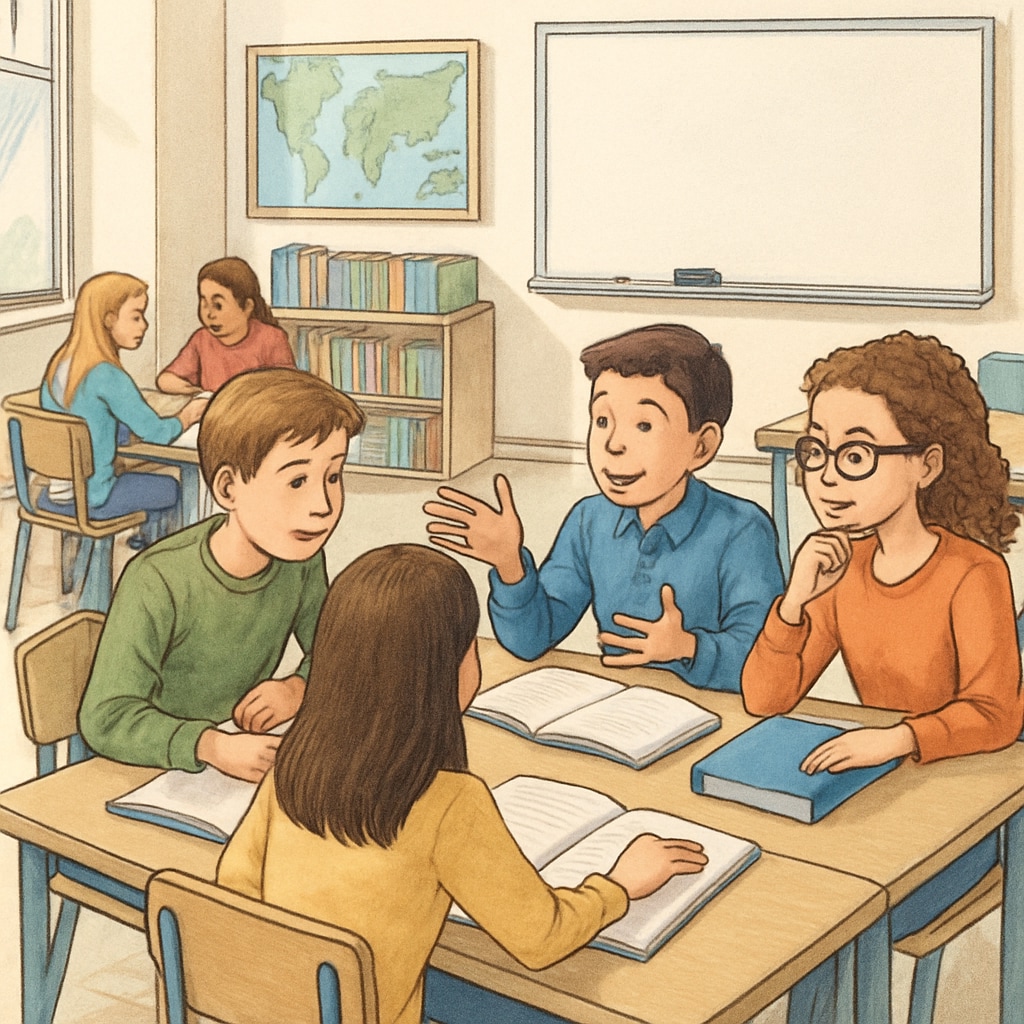Education is far more than the mere transfer of knowledge; it is a transformative force that deeply impacts personal growth, critical thinking, and self-awareness. By shaping both our mindset and character, education empowers us to become better versions of ourselves. In this article, we will explore the profound ways education influences not just what we know, but also how we think and who we are.
The Role of Education in Cultivating Thoughtful Minds
One of the most significant contributions of education is the development of critical thinking skills. Critical thinking involves analyzing information objectively, questioning assumptions, and making reasoned decisions. These skills are essential in solving complex problems, navigating uncertainties, and engaging meaningfully with the world. For example, students who are encouraged to question and explore during their education are more likely to approach challenges with curiosity rather than fear.

In addition, education introduces individuals to diverse perspectives and challenges their preconceived beliefs. Exposure to different ideas fosters intellectual humility—a key characteristic of effective thinkers. As a result, education helps us embrace a mindset of lifelong learning, where growth and adaptation become continuous processes.
Shaping Character Through Self-Awareness
Education is not just about sharpening the mind; it also plays an integral role in shaping character. Self-awareness, the ability to understand one’s emotions, values, and motivations, is often cultivated through reflective learning experiences. For instance, a curriculum that incorporates ethical discussions or community service projects encourages students to think beyond themselves and consider their impact on others.
Moreover, education instills qualities such as resilience, empathy, and integrity. These character traits are nurtured through challenges and successes encountered during the learning journey. As a result, education equips individuals to face life’s complexities with both competence and compassion.

Bridging Knowledge and Personal Growth
While education undeniably imparts knowledge, its true power lies in its ability to bridge intellectual and personal development. This duality ensures that individuals are not only knowledgeable but also capable of applying their insights in meaningful ways. For example, a person educated in environmental science might not only understand climate change but also feel a moral responsibility to advocate for sustainable practices.
Furthermore, education fosters adaptability—a crucial skill in a rapidly changing world. By teaching students how to learn rather than just what to learn, education empowers individuals to remain relevant and effective in their personal and professional lives.
Key Takeaways:
- Education develops critical thinking skills, enabling individuals to analyze, question, and adapt.
- It fosters self-awareness and character, helping people understand themselves and their impact on others.
- True education bridges knowledge transfer with personal growth, empowering lifelong learning.
Conclusion: Education as a Lifelong Journey
In conclusion, education is much more than an academic exercise; it is a lifelong journey that shapes both our thinking and our character. By cultivating critical thinking, fostering self-awareness, and instilling ethical values, education becomes the cornerstone of personal growth. As we continue to learn, we not only expand our knowledge but also refine who we are, ensuring that we contribute positively to the world around us.
As Nelson Mandela once said, “Education is the most powerful weapon which you can use to change the world.” Indeed, its transformative power lies in its ability to change us first.


